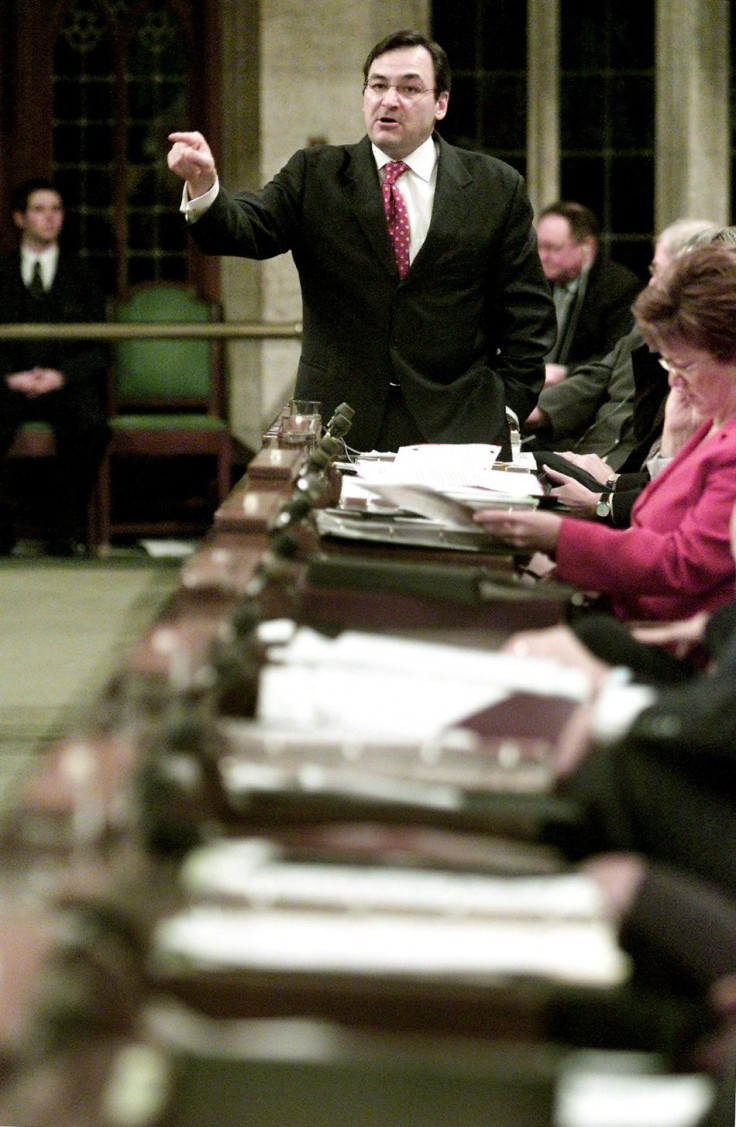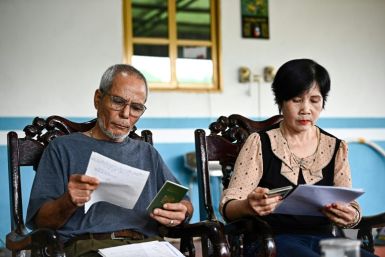Canadian Newspaper Goes Against Court & Publishes Child Porn Victim’s Name

A Canadian newspaper allegedly broke publication ban in a high profile child pornography case when it published the name of a girl involved in the case. The name of the victim, who died after she had tried to commit suicide, was not officially released by police.
The Chronicle Herald allegedly published the name of the girl who had been involved in a high profile case of child pornography. The 15-year-old girl was photographed while she was having sex and the photograph was allegedly distributed among her schoolmates. The victim tried to commit suicide when her photograph was allegedly circulated among numerous people. Her father complained that the distribution of the photograph eventually caused the death of his daughter who had died in the hospital after life support had been withdrawn. News outlets reporting the news were legally discouraged against publishing the name of the girl. However, the Halifax news company published the name, which could be a possible beach of a court-ordered publication ban; National Post reported. According to Halifax police Const. Pierre Bourdages, the Integrated General Investigation section is presently investigating the complaint which came from citizens.
The Chronicle Herald, on the other hand, admitted that it had published the name of the girl as it believed doing so for public interest. It said that the widespread recognition of the name and a possible debate on sexual consent would bring "the good." "We believe it's in the public interest in this unique case, given the widespread recognition of [the] name and given the good that can come and has already come, from free public debate over sexual consent and the other elements of her story," the newspaper wrote last Monday, "[Her] parents want her name printed and Judge Jamie Campbell, who upheld the publication ban, wrote in his decision that the ban serves no purpose."
The victim's family, on the other hand, has strongly opposed the publication ban on the girl's name. Her father argued that hiding her name would end up silencing the victim and suppressing a part of the story. CFRA reported that the girl's father was thrilled to know that the newspaper had published his daughter's name. He said that the girl's name should be a part of the story as she would never have wanted to be silenced. He called the ban in the case as "inappropriate."
Contact the writer: s.mukhopadhyay@ibtimes.com.au






